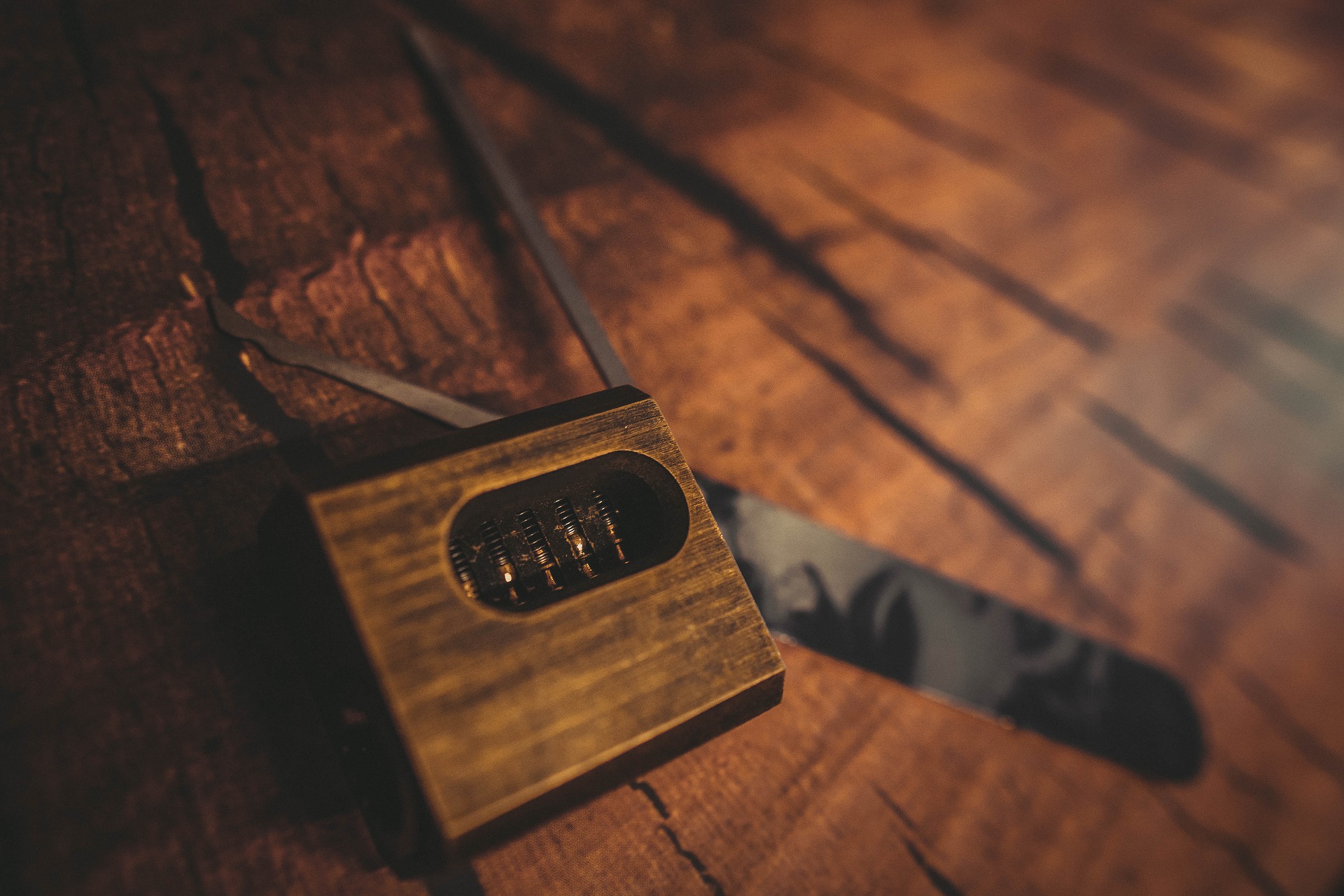I hear it all the time: “They stole my seed!”
Whether its vegetables, grass, wheat, or soybean, people reach out to me because someone is growing or selling their seed and they are not happy. Often, we talk about the situation but the conversation always comes back to one basic question … What makes it your seed?
You spent years and massive amounts of money to develop this seed or this technology and you want a return on that investment. However, once the seed is out of the barn, there are so many hands that touch seed in the course of commerce, from dealers to multipliers to the growers and other seed companies, there’s an infinite number of ways to lose control of the seed you created. But without some sort of control mechanism over your seed, it can be virtually impossible to stop someone from growing or selling your seed once you make your first sale.
Fortunately, there are some simple steps you can take to make sure you have as much control over your seed as possible, including contractual agreements such as End User Agreements, Material Transfer or Testing Agreements, and Production Agreements, patent rights and Plant Variety Protection (PVP).
In the U.S. contractual or license agreements are often used as a way to restrict the use of the seed by the licensed researcher, producer or grower. By way of example, a Limited Use Agreement between a farmer and a breeder may require that seed from the variety can only be used to produce one commercial crop and cannot be used for planting, transferred or provided to any party for crop breeding, research or seed production.
In addition to contracts, specific seed varieties, characteristics and improvements may be protected in the U.S. by one or more patents. In general, a patent allows the patent holder to prevent others from making, using, offering for sale and selling, or importing the claimed invention into the United States. For the seed industry, this coverage can be an additional form of protection to prevent or restrict others from producing or selling your seed, thus helping to maintain your ownership of a seed variety or technology.
Finally, PVP protection is another option for seed varieties. PVP protection is used by developers of new varieties to restrict the use, marketing, and sale of a variety. However, unlike a patent, a PVP allows a farmer to save seed in certain cases.
It is important to note that just getting a contract in place to restrict making or using a seed, or procuring a patent or PVP, is not the end of the story. You also have to get out there and ensure your licensees are following the terms of the agreements and you have to police your patent and/or PVP rights.
In summary, just stating that a seed is yours is not enough. In order to ensure that you maintain your ownership of that seed or technology, you have to take some steps. Using contracts, patents, and PVP protection can provide important mechanisms to protecting your proprietary rights to seed and seed technologies and ensures that somebody else does not take ownership of your seed.
For more information on the intellectual property protection associated with seed, contact the SIPA program by visiting the SIPA website at www.seedipalliance.com or contacting James Weatherly at jamesw@seedipalliance.com.












